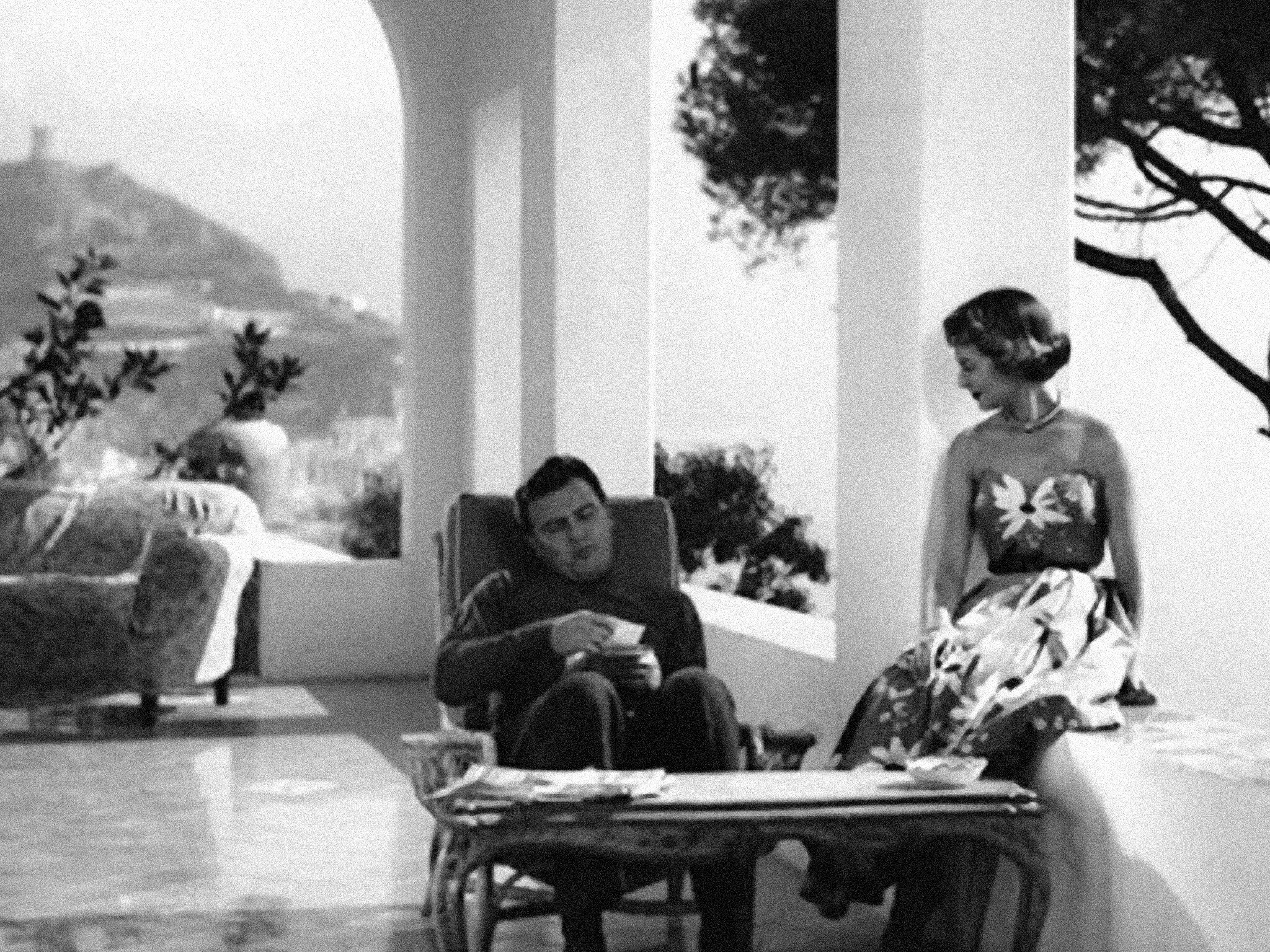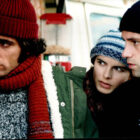Released in 1954 and directed by Vittorio Cottafavi, Una donna libera is a compelling drama that explores the struggles and determination of a woman seeking her place in a male-dominated society. The film is a profound reflection on female emancipation and personal dignity, set against the backdrop of a rapidly changing Italy.
Plot Overview
The story centers on Lina, a woman who fights to take control of her life after a difficult marriage and societal judgment. Determined to raise her child and earn a living with dignity, Lina faces constant obstacles but refuses to give up. Her journey is one of resilience, challenging the social norms of her time.
The Cast: A Strong Female Lead and Notable Supporting Roles
At the heart of Una donna libera is the powerful performance of Françoise Christoph. A French actress who lends Lina a mix of fragility and strength. Christophe embodies the emotional depth of a woman torn between survival and self-respect, giving voice to many women’s silent struggles in post-war Italy.
Alongside her, Pierre Cressoy plays the role of the man who complicates her path to independence, representing both a romantic possibility and the societal pressures she must navigate.
Supporting roles from well-known Italian actors of the era add realism and emotional weight to the narrative, giving life to the community that surrounds and judges Lina.
Filming Locations: The Reality of Italian Post-war Life
Una donna libera makes effective use of urban and working-class settings, reflecting the real-life environments of many women in post-war Italy.
- The film was shot in Rome, using both studio sets and real neighborhoods to depict Lina’s daily struggles.
- Scenes in small apartments and crowded streets emphasize the economic hardships of the time. While cafés and public offices illustrate Lina’s constant negotiation with a society that resists her need for independence.
A Feminine and Social Perspective Ahead of Its Time
In an era when women’s roles in cinema were often limited to stereotypes, Una donna libera offers a progressive portrayal of a woman who refuses to be a victim. Through Cottafavi’s sensitive direction, the film highlights the tension between traditional family roles and the need for female self-determination, making it a significant example of socially conscious Italian cinema of the 1950s.
Conclusion
Una donna libera is not just a story about a woman’s fight for freedom, but also a reflection on Italy’s societal changes after the war. Through its brilliant cast, authentic settings, and poignant themes, the film remains a relevant exploration of dignity, resilience, and the search for personal justice.
An important film to rediscover today, especially in the context of conversations about women’s rights and representation in cinema.
Watch today on Movieitaly+
Read more articles over here!






